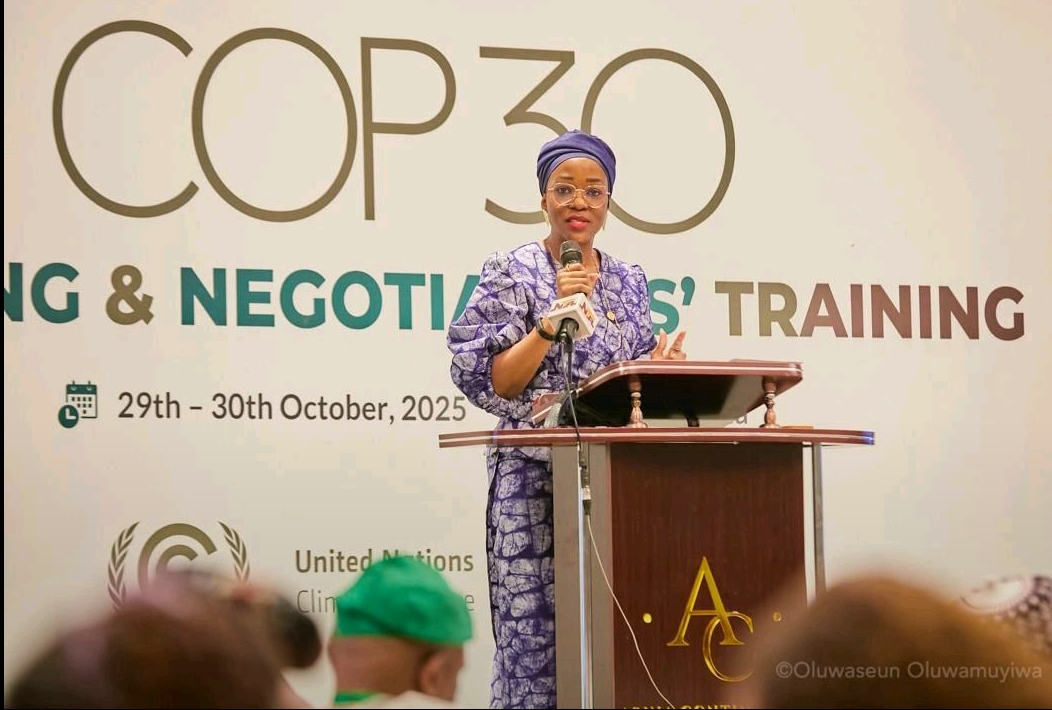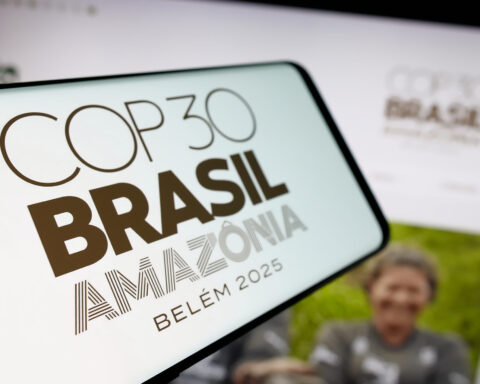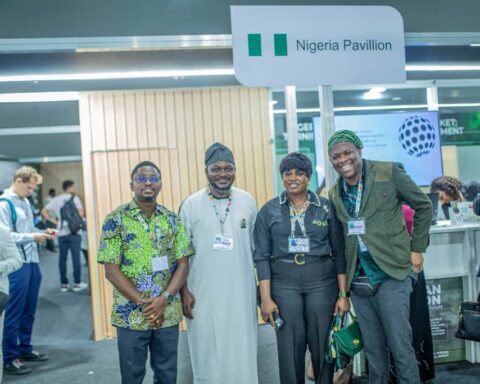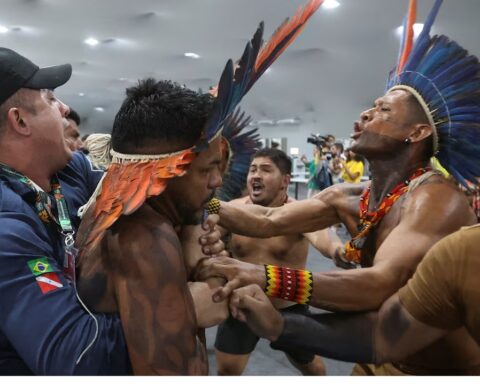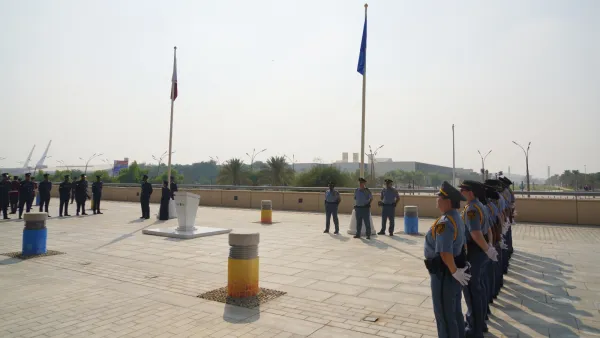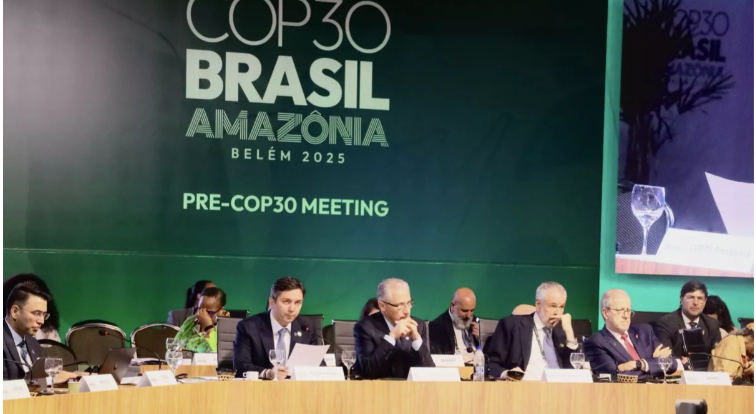Nigeria is stepping up preparations for the 30th United Nations Climate Change Conference (COP30) in Belém, Brazil, as the National Council on Climate Change (NCCC), in partnership with the Partnership for Agile Governance and Climate Engagement (PACE Nigeria) and the UK Government, hosted a two-day Pre-COP30 Briefing and Negotiators’ Training to sharpen the country’s negotiation and diplomatic capacity.
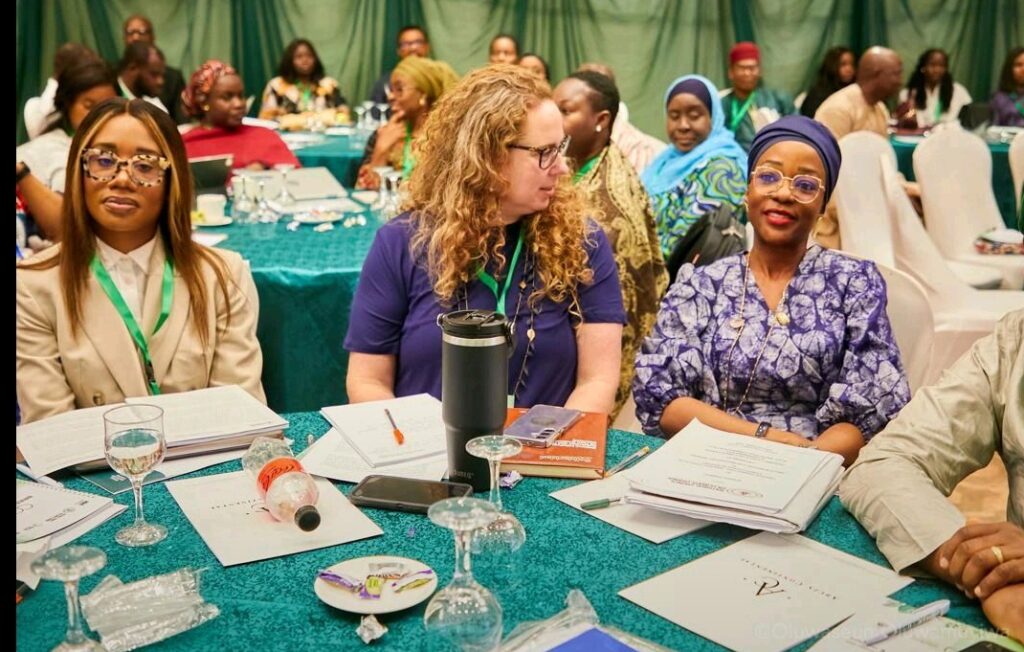
The training, held in Abuja, brought together representatives from government ministries, civil society, youth groups, and the private sector, all united in refining Nigeria’s climate strategy ahead of the crucial global talks scheduled for November 2025.
In her keynote address, the Director-General of the NCCC, Barr. (Mrs.) Tenioye Majekodunmi, reaffirmed Nigeria’s commitment to advancing its climate priorities, which include climate finance, just transition, adaptation and resilience, loss and damage, transparency, and inclusion.
Majekodunmi noted that the training was designed to ensure Nigeria’s negotiators are not only technically competent but also strategically aligned to secure the nation’s interests within global and regional blocs such as the African Group of Negotiators (AGN) and the G77 + China.
“Our goal is to move beyond participation to influence,” she said.
“Nigeria must speak with one strong, informed voice that translates into tangible outcomes at COP30. We are working to ensure that every delegate understands both the science and the strategy of climate diplomacy.”
Delivering remarks on behalf of the UK Government, Samantha Harrison, the UK’s First Secretary for Climate Diplomacy, said the United Kingdom remains committed to supporting Nigeria in strengthening its climate governance and negotiation systems.
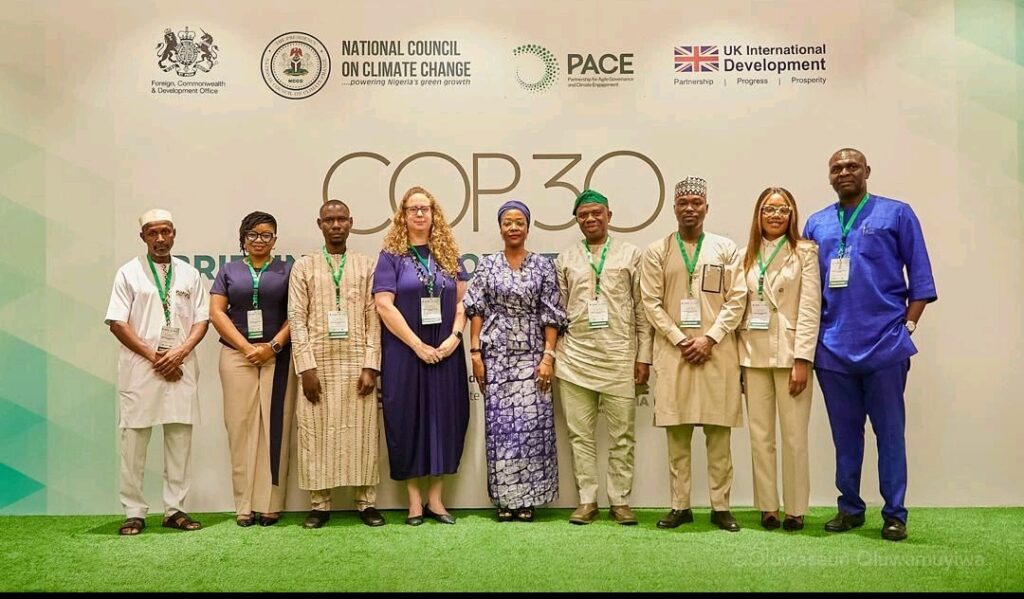
“The UK is proud to partner with Nigeria in advancing climate diplomacy and building institutional capacity,” Harrison said.
“Our collaboration is about empowering negotiators to drive meaningful outcomes at the global level, ensuring that African priorities remain central in climate decision-making.”
The workshop featured technical sessions on the UNFCCC negotiation process, climate diplomacy principles, and simulation exercises aimed at improving coordination and strategic negotiation approaches.
Participants explored mechanisms such as the Loss and Damage Fund and the New Collective Quantified Goal (NCQG), while discussing how Nigeria can align its domestic climate ambitions with international frameworks.
According to the organisers, the initiative reflects Nigeria’s proactive approach to global engagement, particularly as the world prepares for what is expected to be a pivotal conference in shaping the post-2025 climate finance architecture.
The event also emphasized inter-agency collaboration, youth inclusion, and private sector participation as key pillars for achieving the country’s Nationally Determined Contributions (NDCs) and long-term net-zero vision.
By Dare Akogun


